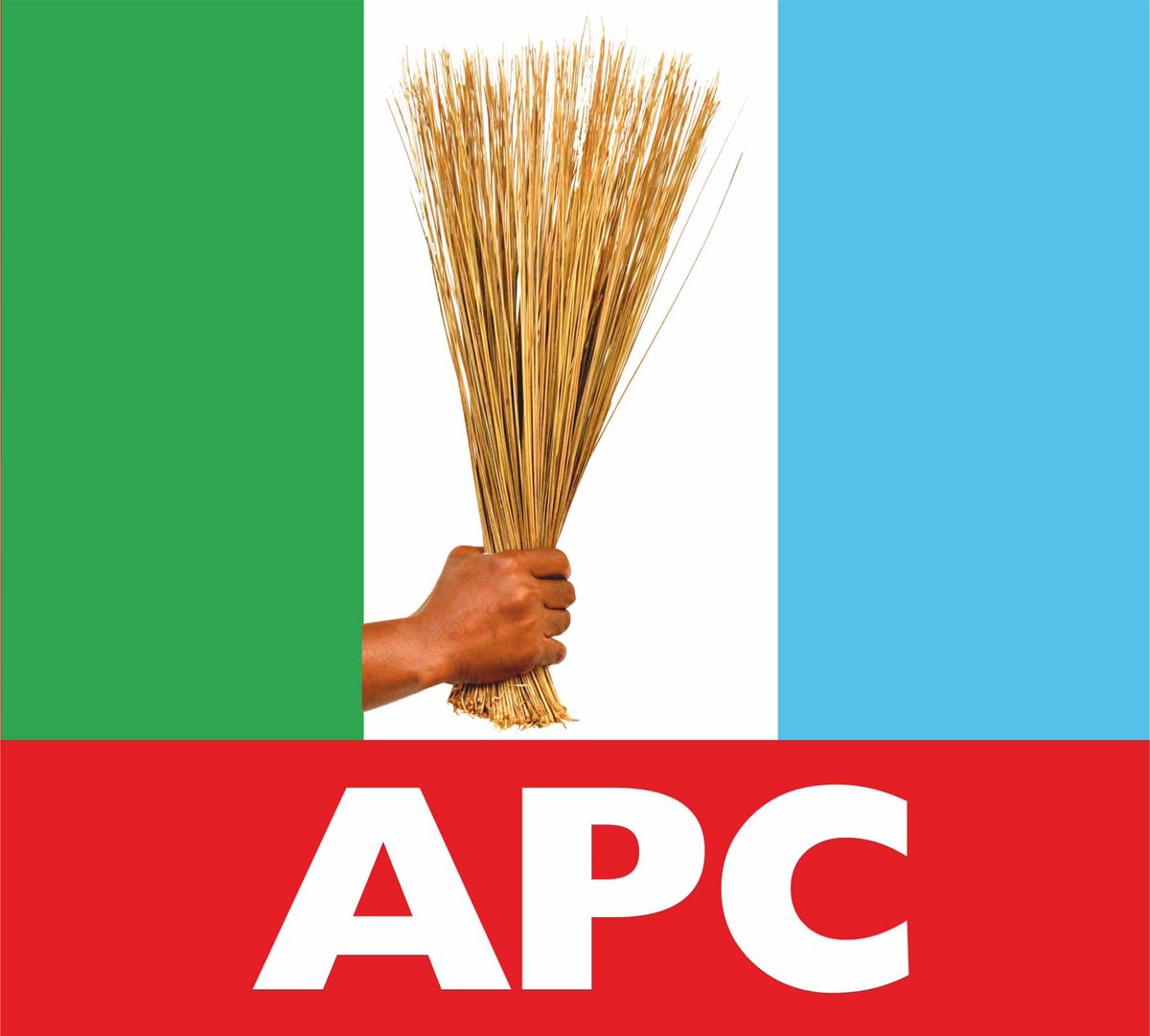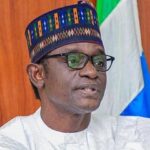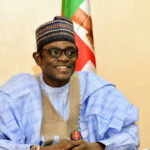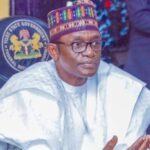Even before it was inaugurated, the National Reconciliation Committee of the All Progressives Congress (APC) set up by the Caretaker Committee of the party to reconcile aggrieved members had its plate full.
As at the time of the inauguration of the committee by the Chairman of the APC Caretaker and Extra-ordinary Convention Planning Committee (CECPC), Governor Mai Mala Buni, the party was already confronting a litany of crises arising from its ward and local government congresses.
- Residents allege extortion as Mambilla power project execution drags
- Troops kill 50 bandits in Kaduna
The friction was so rife that parallel congresses at ward and local government levels were held in no less than eight states of Kwara, Imo, Ogun, Zamfara, Lagos, Osun, Enugu and Delta.
Factions also began to emerge with members queueing behind certain emerging forces within the party in many states. For instance, in Kwara State, the party was divided between those loyal to the Minister of Information and Culture, Lai Mohammed and the state governor, AbdulRahman AbdulRazaq, while in Ogun State, members were divided between Governor Dapo Abiodun and the immediate past governor, Ibikunle Amosun.
In Osun State, the fight was between the Minister of Interior, Rauf Aregbesola and Governor Gboyega Oyetola while, there is a simmering crisis in the Zamfara State chapter of the party with Governor Bello Matawalle on the one hand and his immediate predecessor, AbdulAziz Yari and Senator Kabiru Garba Marafa, on the other hand.
Similar situations also played out in Delta State with the Minister of State for Employment, Labour and Productivity, Mr. Festus Keyamo, SAN and Deputy Senate President, Ovie Omo-Agege, while Governor Hope Uzodinma and his predecessor, Senator Rochas Okorocha in Imo are also feuding.
As the committee was settling down to its work shortly after its inauguration, the state congresses of the party, which held last Saturday, aggravated the situation by opening fresh wounds, thereby adding to the tasks before the committee, with no less than 13 states ripped by the fracas of parallel congresses.
At the last count, the APC has three chairmen in Akwa Ibom; two in Kano; and two each in Bauchi, Ogun, Kwara, Lagos, Rivers, Abia, Niger, Ekiti, Imo, Osun and Cross River States.
The Reconciliation Committee at inception was charged with, among other tasks, reconciling members who were aggrieved, to resolve such differences and to cement cracks within the party so as to approach the forthcoming National Convention of the party with singleness of purpose.
This, the committee is supposed to achieve, by identifying and engaging aggrieved groups in each state where there are such disputes, consulting with party leaders and concerned members in order to restore peace, normalcy and stability within the party.
There are fears that given the mountain of challenges before it, the reconciliation committee may find it difficult to achieve true reconciliation for party members in the affected states ahead of the national convention. While pessimism abound as similar committees set up by the party in the past have not achieved considerable success in their assignments, there is great hope that with the calibre of persons in the current committee, much will be achieved.
From the lineup of its members, it is obvious that the committee’s members were carefully selected to include people with track records of achievements, who also command respect among party members across various states and regions of the country. This much was alluded to by the Chairman of the APC’s CECPC, Governor Buni, who vouched for the impeccable character, experience and sagacity of the chairman and other members of the National Reconciliation Committee. He said the committee’s members were selected based on “their track record of excellence”, adding that they had served the party with a high sense of commitment and dedication.
Governor Buni emphasised that “The task before this committee is very important and crucial. It is to reconcile, harmonise, integrate and unite members of the party. The committee is also expected to resolve real or seeming differences and to cement all cracks for us to approach the National Convention with a united front”.
Undoubtedly, the leadership of the committee and its members are known to be dogged and committed to the cause of the party. There is, therefore, a groundswell of optimism that the Senator Adamu-led Committee will spare no efforts in working for the party’s interest. They are also well respected in the party having served the nation in various positions before and have made marks in various ways.
Incidentally, the enormity of the task before the APC’s National Reconciliation Committee was not lost on its chairman, Senator Abdullahi Adamu. In his response to the choice of members of the committee, during its inauguration, the former Nasarawa State governor, while appreciating the confidence of the party’s leadership in himself and other members of the committee, expressed his commitment to striving hard to achieve the objective of the committee’s composition.
Being the humble person he is, despite his versatility, resourcefulness and experience, Senator Adamu solicited the support of the APC’s caretaker committee and all its members nationwide, to enable the committee realise its mandate.
As the Adamu-led National Reconciliation Committee of the ruling party sets out to undertake the gargantuan task before it, party faithful are full of expectations that the committee will remain impartial, objective and focused towards stabilising the party for a successful national convention, which will ultimately catapult a vibrant leadership to steer it to the 2023 general elections.
By Gregory Onazi who wrote this piece from Wuse Zone 1, Abuja.

 Join Daily Trust WhatsApp Community For Quick Access To News and Happenings Around You.
Join Daily Trust WhatsApp Community For Quick Access To News and Happenings Around You.


